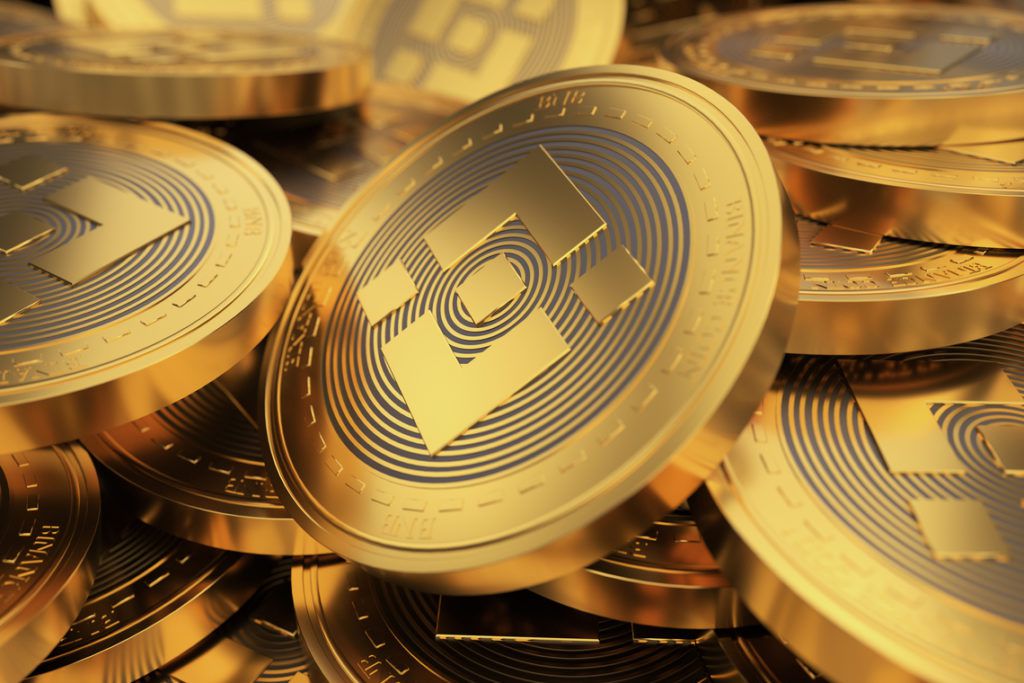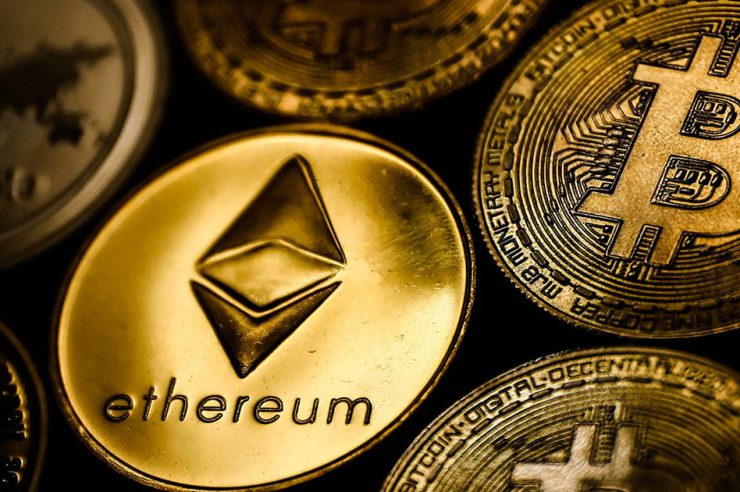Utility tokens have quickly gained in popularity over recent years. Used primarily to power blockchain-based applications like decentralized finance platforms, utility tokens may seem complex at first. If this is all new to you, however, this beginner’s guide to understanding utility tokens should provide helpful answers about their purpose, advantages and disadvantages, potential use cases and much more.
At the end of this guide, you will understand how utility tokens operate, their potential applications and how to utilize them. At this point, we hope that you are better informed to decide whether or not investing in utility tokens would be worth your while; keep in mind that investing comes with its own risks so it is advisable to always conduct thorough research prior to investing any asset – so let’s get going!
What Are Utility Tokens?
A utility token is a digital token designed to power specific blockchain-based applications. Unlike its security token counterpart, utility tokens do not represent investments nor carry any stake in their company of origin; rather they serve only to access services offered through that app and access any necessary applications or services offered therein. Despite similarities with security tokens, utility tokens do differ significantly: for one thing they cannot be traded on exchanges as easily (such as security tokens do).
Utility tokens are designed for use within applications and should not be exchanged for other tokens or cryptocurrencies, and do not offer equity to the company behind them. In contrast, security tokens provide holders with ownership in an organization as well as the potential to make profits if their project succeeds.
How Do Utility Tokens Work?

Utility token applications are powered by smart contracts, which is a type of automated computer process designed to ensure all parties involved in transactions live up to their obligations under their agreement. For instance, if you want to invest in a project using utility tokens you can buy tokens through an exchange before using them to access their respective applications.
Application software should act as a platform that anyone can access and utilize. For instance, imagine that you want to take out a loan for small business; to access this decentralized finance platform you would purchase the utility token associated with that application before applying. Once approved by its smart contract system, any funds (in this instance loan amount) would automatically transfer back into your utility token wallet.
Potential Use Cases For Utility Tokens

Utility tokens are relatively new digital assets, making it hard to predict their exact usage in the future. There are, however, several potential use cases for utility tokens which include:- Buying and Selling Services- Many decentralized apps depend on a network of people providing services; by using utility tokens as rewards or payments when providing these services or work completed – Investing In Projects- The application behind utility tokens allows anyone interested to invest in projects via the token’s application allowing more people to join decentralized economies via investing more easily into different projects that brings more people into decentralized economies –
Protecting digital Identity – Most people consider their online identity something kept online, with few ways for people to manage it themselves and thus make it easier for hackers to steal it and access digital assets. Utility tokens provide an efficient solution for this situation. In addition, utility tokens allow individuals based anywhere around the world to transact easily thanks to decentralised economies with globalized economies; making payments using utility tokens possible too!
How To Use Utility Tokens?

Utility tokens are limited in their usage as they only support specific applications. For instance, when it comes to decentralized finance platforms that offer small business loans, you would only be able to utilize them through purchasing the token for that specific platform if you wish to take part in its loan process by purchasing its token and then applying through that platform.
If your application is accepted, the smart contract will transfer funds directly into your token wallet. This allows access to these funds but prevents their withdrawal to an online bank account; you will use the same token when spending them instead – creating a more secure system because transferring them out will be harder.
How To Evaluate A Utility Token Project?

Before investing in any utility token project, it is crucial that extensive research be conducted. This means reading both its white paper and website in-depth, as well as reviewing any previous work of its team members. When evaluating utility token projects there are a few key factors you must keep in mind; the idea behind the project should come first: this includes what problem the project intends to solve as well as whether or not its creation will remain useful in the future.
Examine the Team Behind the Project – Your next step should be to review the team behind the project, taking note of team member experience, advisors working on it and token distribution details. In addition, examine its roadmap to see whether or not there is a realistic timeframe set out by them.
Project Roadmap – Review the project roadmap to determine its realism. Additionally, pay close attention to timelines and milestones within your timelines and milestones for further consideration.
Risks Associated With Utility Tokens

Utility token investments carry several risks, including: – Regulatory risk – Given the current lack of regulation around utility tokens, these may be considered unapproved securities, making them harder to sell and potentially leading to significant losses. – Liquidity risk – Additionally, investing can create liquidity risk should its utility token become difficult or impossible to sell on.
Volatility risk – Although utility token prices tend to rise over time, their values could also decrease and make exiting your investment harder than you anticipate. – Volatility risk – Even though utility token prices can sometimes go down over time – making cashing out even harder! – Volatility risk
Also Refer:- What is Proof of Stake?
